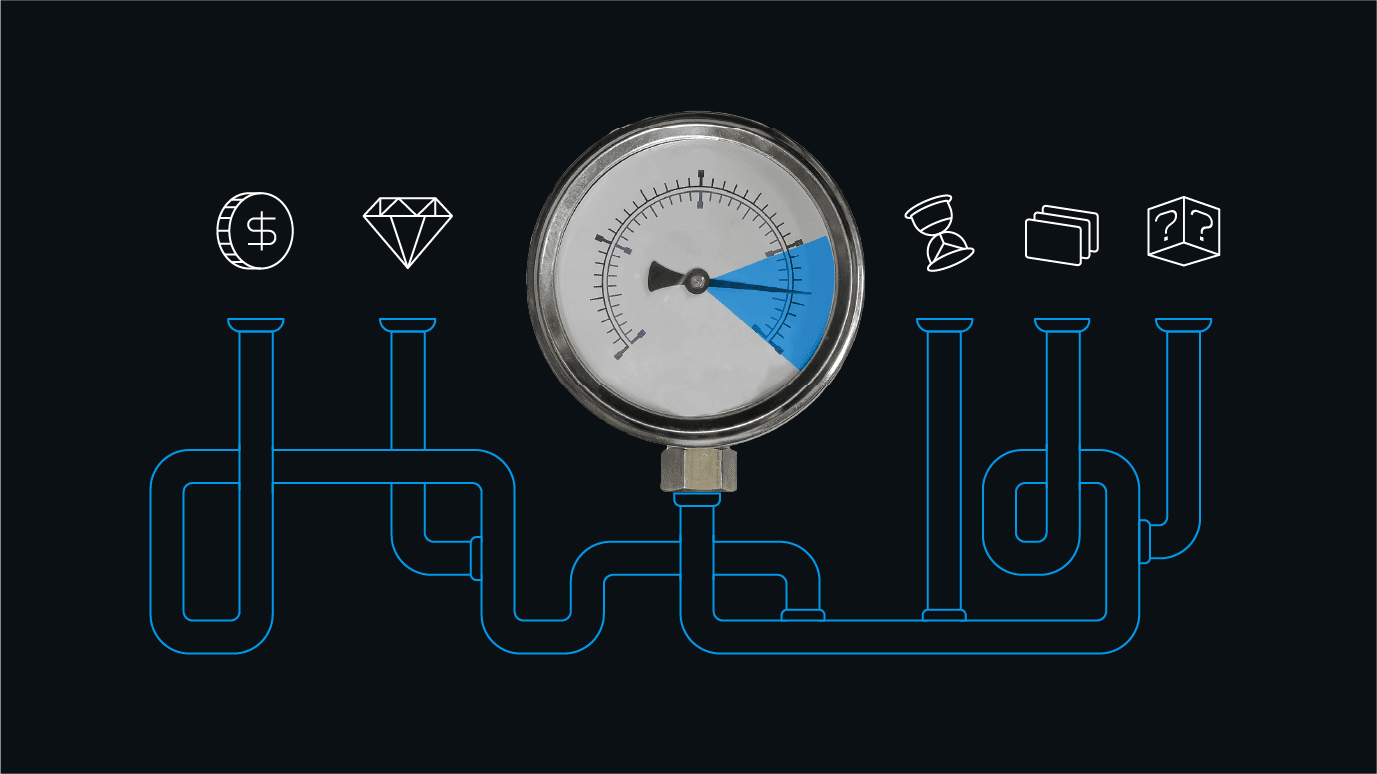Sep 27, 2017
What’s Your Money Personality? Understanding Your Financial Self
Are you a Paper Chaser or Money Monk?

Are you a Money Monk? Maybe you’re a Paper Chaser. If you want to gain confidence about your financial future, a simple way to begin is by understanding your relationship with money now.
Pamela Capalad, a certified financial planner and financial literacy speaker, helps her clients do just that. She’s the founder of Brunch and Budget, as well as the co-host of a podcast that combines hip-hop and personal finance workshops.
Capalad’s strategy is to introduce financial literacy with a soft touch—helping people first understand their “money personality” before jumping into the nitty-gritty of money management, which can quickly become emotional and overwhelming.
We asked Capalad to break down what a “money personality” is and how it can affect the way we spend, save and relate to our finances.
Q: What is a “money personality?”
A: Whether we know it or not, we’ve all developed a relationship with money and tendencies around how we deal with money. “Money personalities” help you determine how you react to stressful money situations, how much you analyze, or over-analyze, financial decisions, how you treat your day-to-day cash flow, and how you prioritize your financial responsibilities. While I didn’t invent money personalities–we modified ours from Olivia Mellan’s money personalities–it’s something I help all my clients figure out, so I know how to deliver the advice in a way that makes sense for them.
Q: What are the different types of money personalities?
A: I have a very quick, unscientific money personality quiz at brunchandbudget.com/personality. Having done this quiz with large groups of people, the questions are a good predictor of most people’s money personalities.
These are the four money personality types I talk people through:
Complicators are always thinking about money, and it stresses them out. They tend to check their bank account balances every day, double check that bills were made, and overanalyze how to handle a financial situation.
Contemplators are also always thinking about money, but they instead wait for someone or something else to tell them what the priority is. Rather than knowing precisely, they try to keep things like due dates and bank account balances in their heads, and they are juggling everything to see what they can keep putting off.
Paper Chasers believe the solution to their money problems is that they will just make more money. They tend to be spending the next check in their heads before it hits their bank accounts, and money is always earmarked for the next thing.
Money Monks are more concerned that they are making the impact they want to make, which means they tend to undervalue what they should be paid and don’t always follow up with payments they are owed. They don’t want money to be the main driver or motivator in what they do
Q: Can your money personality change over time?
A: We encourage people to see if they are a combination of personalities. For instance, Money Monks with Contemplator tendencies value the work more than the money. They tend to “figure it out,” whether they have a lot or a little in the bank, but the way they deal with that is by not really checking their bank account balances and not opening their mail.
Because a lot of the money personalities are rooted in your values around money, you most likely won’t change what your core one is. But we also put it in this very unscientific matrix because people tend to gravitate toward one or another in certain points of their life, or under certain circumstances. None of them are good or bad. It’s more a matter of “Oh! This is how I deal with money.” That knowledge helps people move forward and take action in a way that resonates with their traits and tendencies.
Q: How does understanding one’s money personality help to develop confidence?
A: I feel like a lot of people tie their habits and tendencies around money to who they are as people and their self worth. That’s where they can fall into a downward spiral, where they can feel like, “I’m a failure, I might as well give up.”
Understanding money personalities can be used as a tool to get people out of that mindset, and to help them figure out the changes they want to make, without feeling like they should try to change who they are.
Related articles

budgeting
May 04, 2025
How to Build Credit from Scratch in 2025

budgeting
Apr 27, 2025
Who gets the insurance check when a car is totaled?

budgeting
Apr 09, 2025
How to Make Extra Income While Working Full-Time

budgeting
Apr 08, 2025
How Much Does the Average American Make?

budgeting
Apr 07, 2025
How to Calculate Monthly Income

budgeting
Mar 14, 2025
How to Budget for Large Expenses
By using this website you agree to our Terms of Use and Privacy Policy. To begin investing on Stash, you must be approved from an account verification perspective and open a brokerage account.
